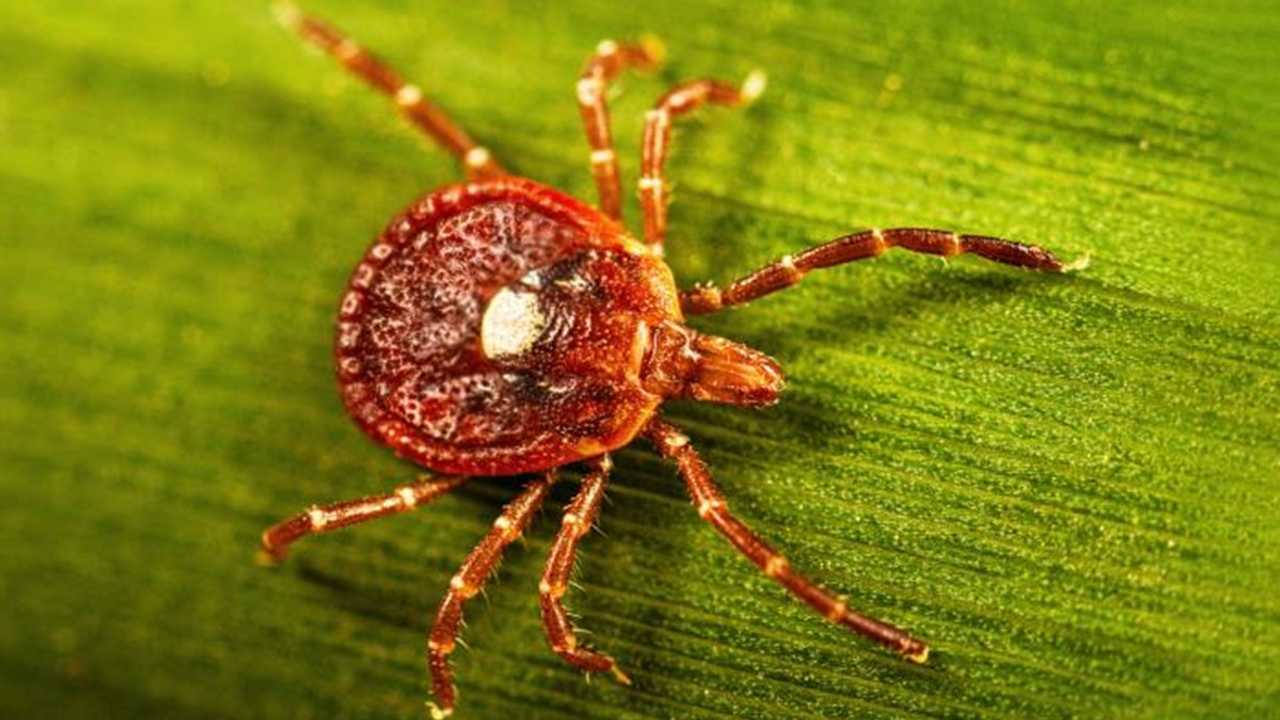
By Joe Lombardi From Daily Voice
A tiny tick bite could trigger a lifelong change to your menu.
Alpha-gal syndrome (AGS) is a potentially life-threatening allergy linked to certain ticks — most notably the lone star tick in the United States.
The culprit is a sugar molecule called alpha-gal, found in most mammals but not in humans or primates.
When a tick carrying alpha-gal bites a person, the immune system may respond by producing antibodies that set off allergic reactions to red meat and other products derived from mammals.
These reactions can hit hours after eating beef, pork, lamb, venison, or foods and medicines containing alpha-gal.
Symptoms range from hives, nausea, and abdominal pain to severe anaphylaxis, which can cause difficulty breathing, a rapid drop in blood pressure, and loss of consciousness.
Not everyone bitten by a lone star tick will develop AGS, but the Centers for Disease Control and Prevention (CDC) estimates as many as 450,000 people in the US may be affected. Cases of AGS have been reported following bites from blacklegged ticks, the CDC says.
The best defense is avoiding tick bites altogether.
Experts recommend wearing long sleeves and pants in tick-prone areas and using insect repellents with DEET.
Additionally, they advise checking yourself and pets after outdoor activities, showering soon after being outside, and promptly removing ticks with fine-tipped tweezers.
Hunters and others who spend long hours in grassy or wooded areas face a higher risk.
Diagnosis often involves a combination of medical history, physical examination, and blood tests for alpha-gal antibodies.
Management typically means avoiding red meat and sometimes dairy or other products containing alpha-gal. While some cases may improve over time, a new tick bite can bring symptoms roaring back.

 Daily Voice
Daily Voice
 AlterNet
AlterNet PBS NewsHour
PBS NewsHour NECN Providence
NECN Providence WTNH News 8
WTNH News 8 NBC Connecticut
NBC Connecticut Raw Story
Raw Story The Hill Video
The Hill Video New York Post
New York Post MLB New York Yankees
MLB New York Yankees ABC News Video
ABC News Video